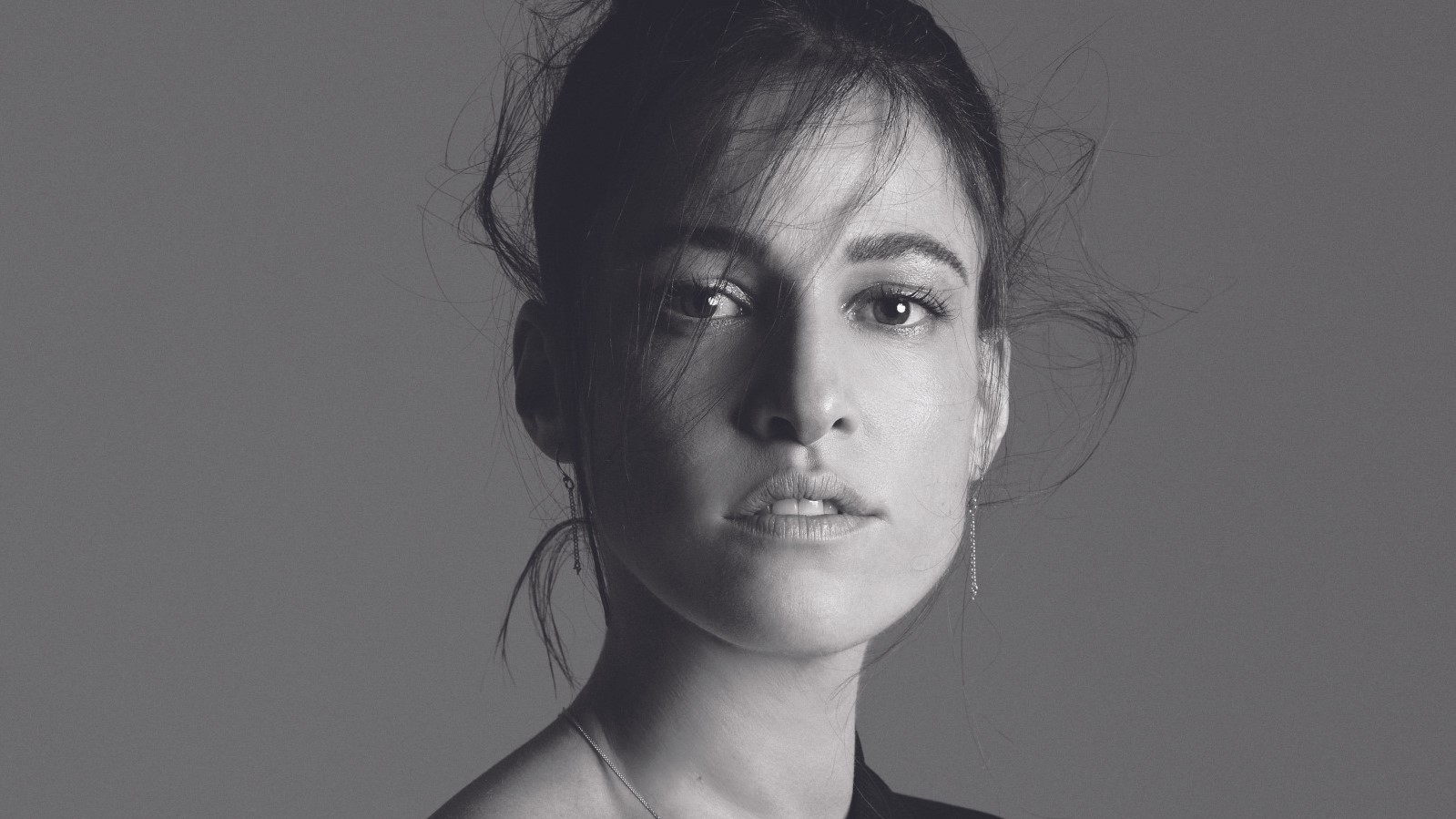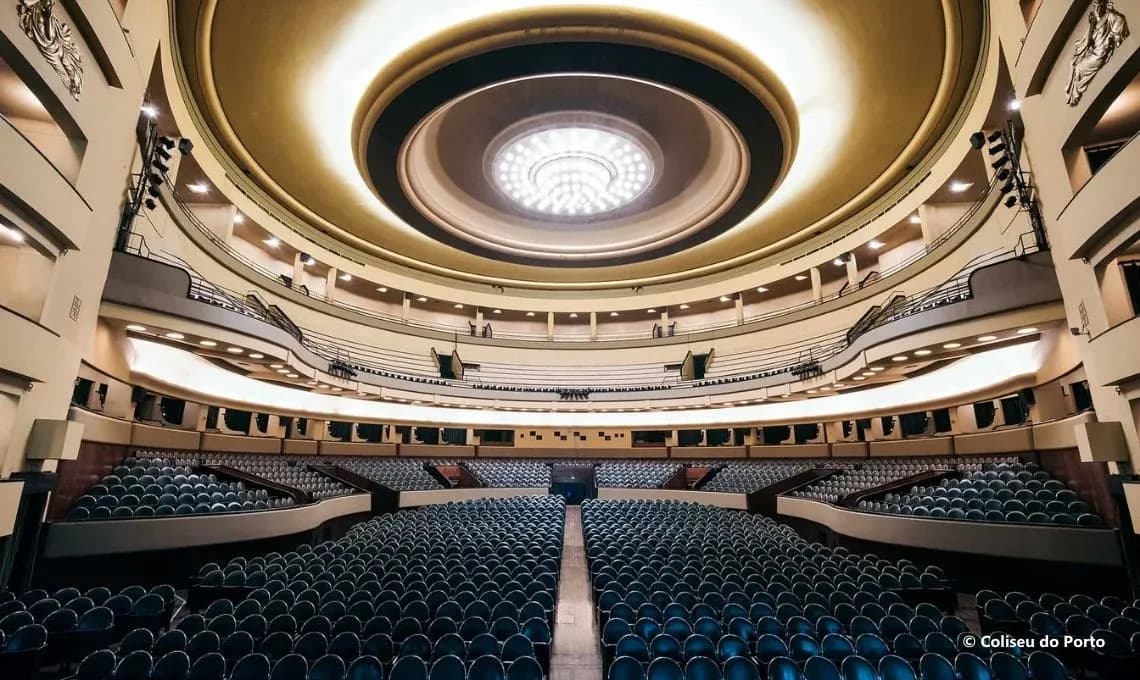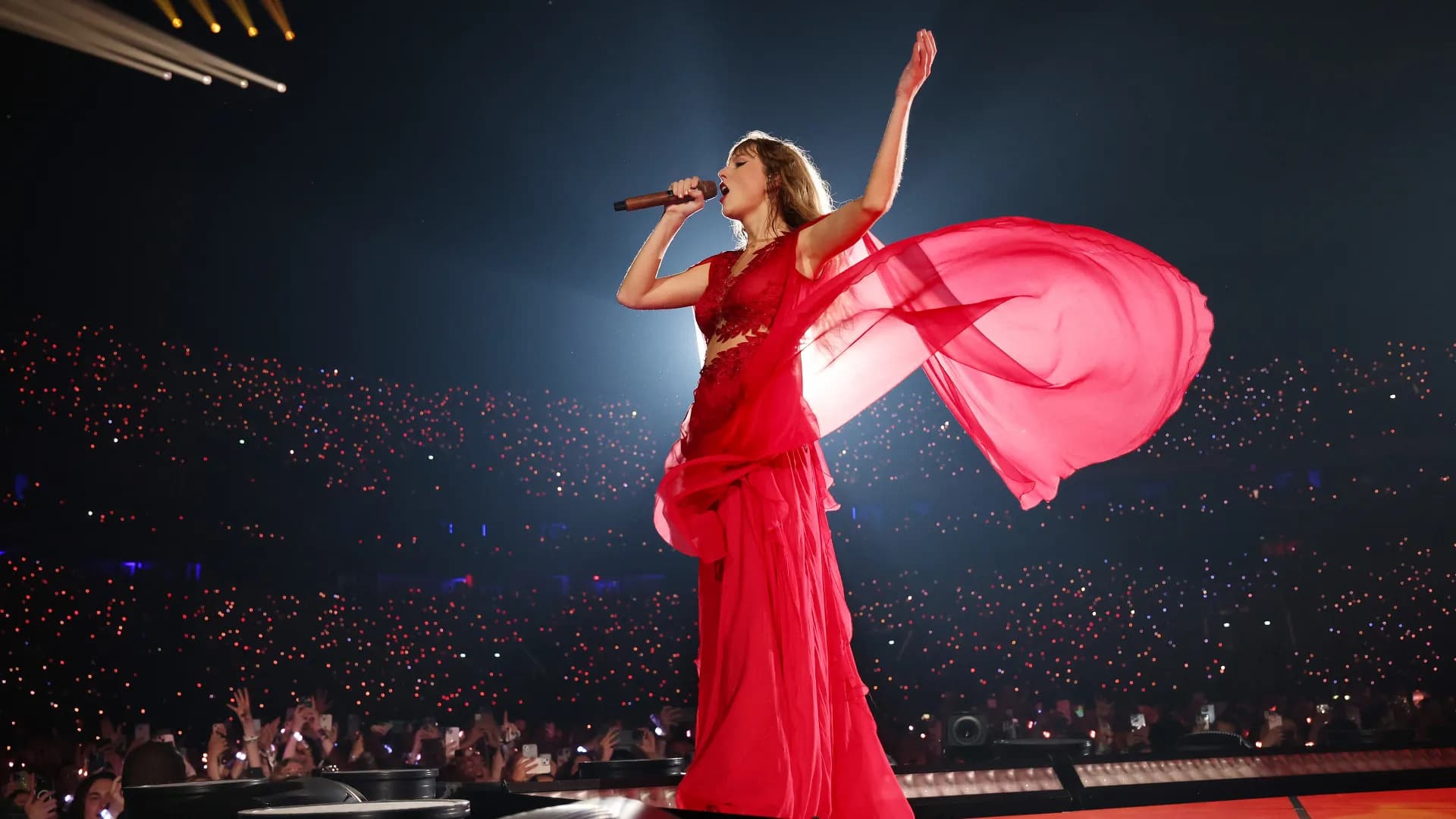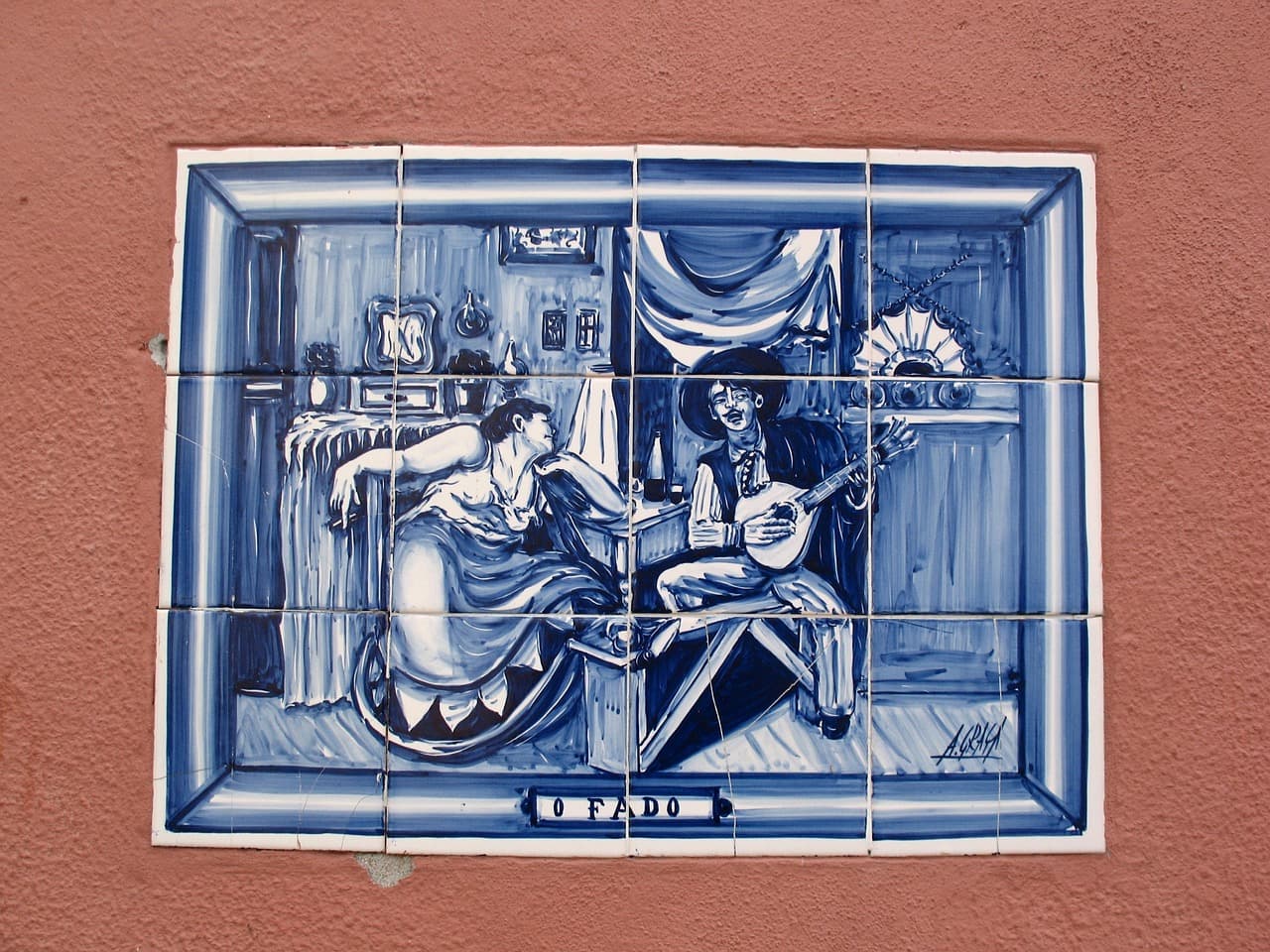
If you thought fado was confined to the old neighbourhoods of Lisbon, dim lights, and voices soaked in nostalgia, think again : today, it’s taking a whole new turn. It dares, it creates, it blends genres and two names are leading the movement : Carminho and Mariza. Two voices, two paths, but one shared mission : to keep fado alive, to respect it, while making it contemporary (yes, it’s possible !)
Two women, two sensibilities
Mariza (born Marisa dos Reis Nunes) is already an icon (you probably know her). She’s the one who took fado beyond Portugal’s borders, collaborating with Sting, Gilberto Gil, bringing in pop and funk tones, all without ever losing the essence of “saudade”.
Carminho (Maria do Carmo Carvalho Rebelo de Andrade) is younger, coming from a true fadista family heritage, but she’s not content with just “being the daughter of”. She reinvents fado, broadens it, gives it touches of jazz, pop and Brazilian rhythm.
Why the “new wave” of fado ?
Because times change. The world changes. The audience changes. And for fado to survive, it has to adapt (obviously !)
Carminho once said : “It’s not about changing fado, it’s about working with it, like a craftswoman with her hands.”
Mariza, for her part, often speaks of “building a bridge” between tradition, the Fado Houses, the Portuguese guitars and the world of today. And she does it beautifully.
Together, they reach two audiences and that’s what’s fascinating : their complementarity. The purists who want to hear the voice of the past, and the newcomers seeking emotion, depth, and that contemporary spark.
What they share, what makes them different
Of course, they share some traits : powerful voices (expressive, moving, capable of giving you chills) ; respect for their roots (they know fado “the old way”) ; and an international openness, they don’t sing “just for Lisbon”.
But they know how to stand apart. Mariza often leans toward grand productions, “diva of fado” shows with full orchestras and world tours. Carminho experiments more : conceptual albums, Brazilian collaborations, pop and jazz nuances. For instance : Carminho has worked with Brazilian artists and even released an album called “Carminho Canta Tom Jobim”.
A moment not to miss
Picture yourself at a Carminho performance in a small Lisbon theatre. The soft lights, the Portuguese guitars, the rising voice, the weight of each word… but also those modern touches : a loop effect on her voice, a jazzy chord, a visual projection behind her. The result : fado as you’ve never seen it before and trust me, you’d love it.
Why it resonates with a younger audience
Because there’s something real here, not just a “vintage revival”. You’ve got the old and the new. The voice that tells the story, but also the sound that fits perfectly into our Spotify playlists. The fado you hear in a local tavern, but also the kind that could blend into a DJ set later that night. And these artists speak directly to this generation. They grew up with their parents’ vinyls, learned about marketing, performance, social media. They share a worry : how to keep the soul alive in a globalized world ? And they’re doing it, brilliantly.
So, where to hear them ?
Mariza tours internationally but also performs in Lisbon, Porto, and at world music festivals.
Carminho tends to go for a more intimate atmosphere : small venues, special sessions, albums “to listen to, not just to experience”. And a word of advice for your calendar : when you see a concert date pop up, think “ticket + earlybird”, because they sell out fast (yes, there’s high demand !)

And after that ?
The new generation doesn’t stop with them. Other young singers, other instruments, other fusions are emerging. Contemporary fado is much broader than most people think.
But Carminho and Mariza are today its leading figures and that’s a good thing. Because yes : fado can vibrate, can surprise, can evolve while staying true to itself.
So, if you ever come across a poster for “Carminho / Mariza” or “Contemporary Fado” : go for it ! Turn off your phone, listen, feel. Let yourself be carried by the voice, the guitar, by this modern “saudade”.
And remember : sometimes, one song is all it takes to carry you through a moment.
Share this article
Suggested articles

Portugal’s Legendary Concert Halls: Coliseu, Altice Arena, Casa da Música
Every country has its sacred stages, those places where emotions turn into something timeless. In Portugal, three venues stand above all others: the Coliseu, the Altice Arena, and the Casa da Música. Each one captures a different heartbeat of the nation — the nostalgic, the modern, and the visionary.

International Tours Stopping in Lisbon
Not so long ago, most world tours stopped in Madrid, Paris or London, and Lisbon was often overlooked. Now, the city has become one of Europe’s most exciting musical destinations. From Coldplay to Madonna, from Harry Styles to The Weeknd, the biggest names are filling Lisbon’s arenas and stadiums.

Where to Listen to Authentic Fado in Lisbon and Porto
Fado, inscribed in 2011 by UNESCO as part of the Intangible Cultural Heritage of Humanity, is much more than a simple musical genre: it is an expression of the Portuguese soul. This deep, emotional singing, accompanied by the Portuguese guitar and classical guitar, conveys saudade — that unique blend of nostalgia, melancholy, and hope that so perfectly defines the Portuguese spirit.


